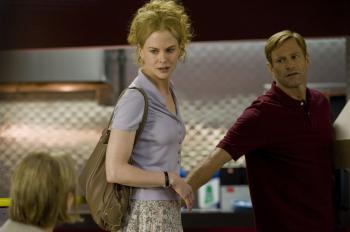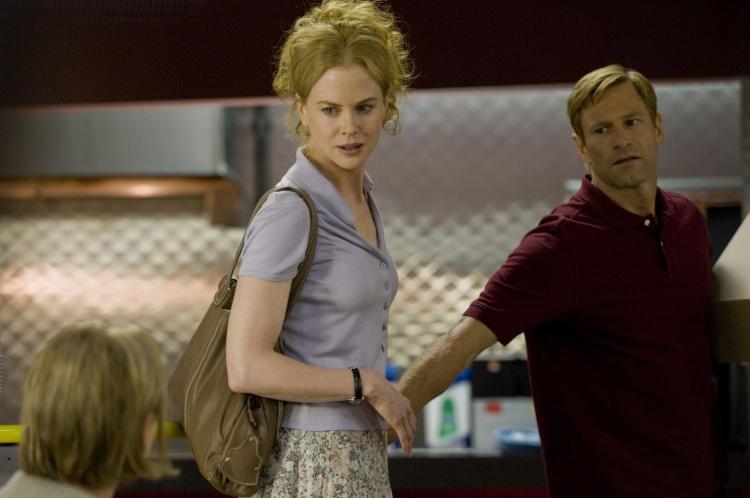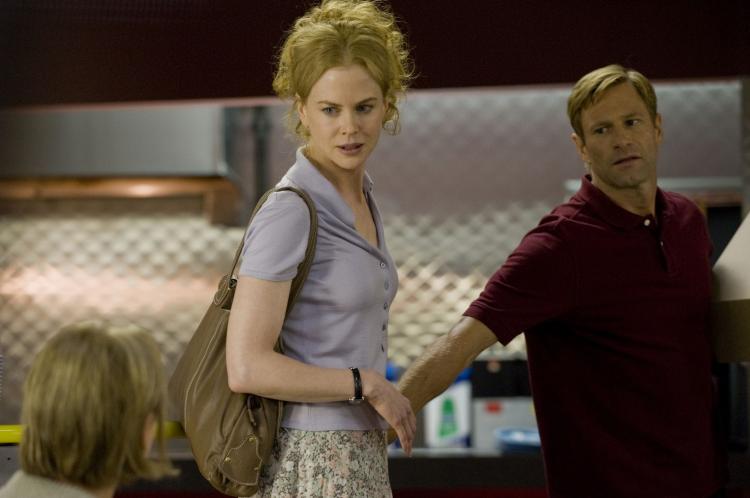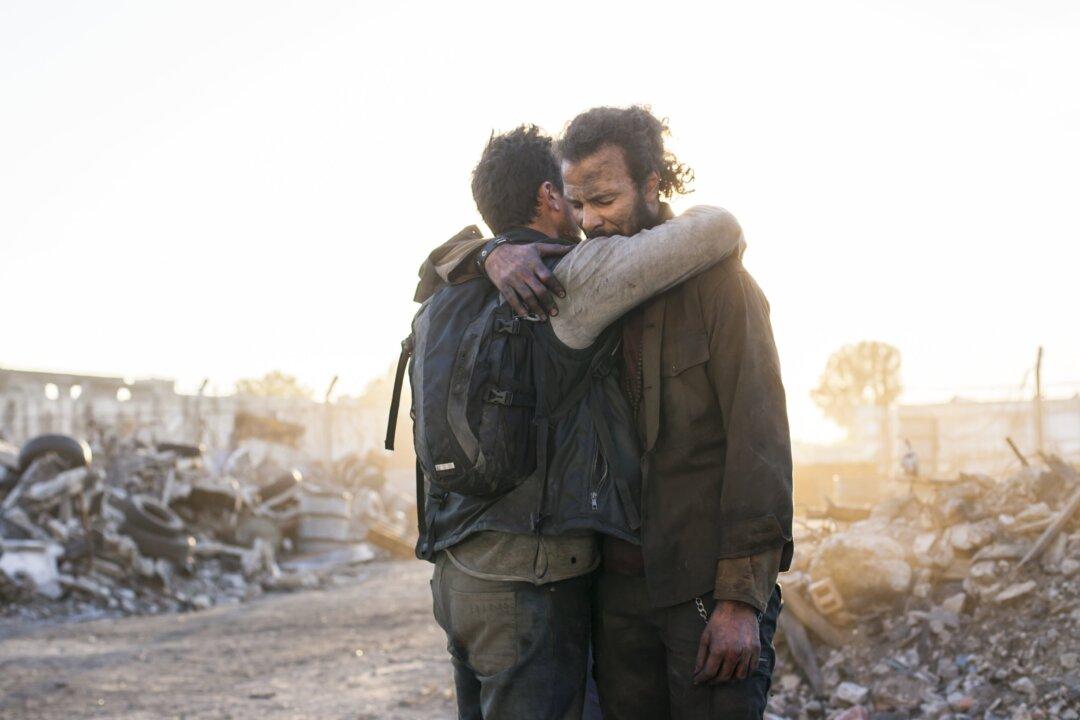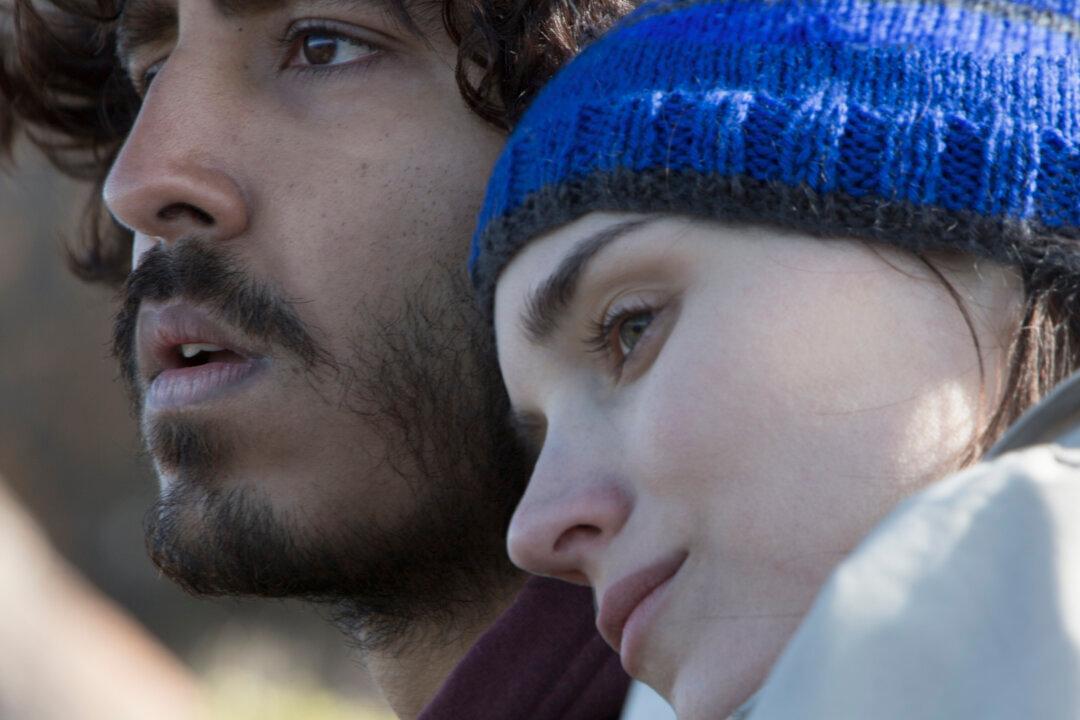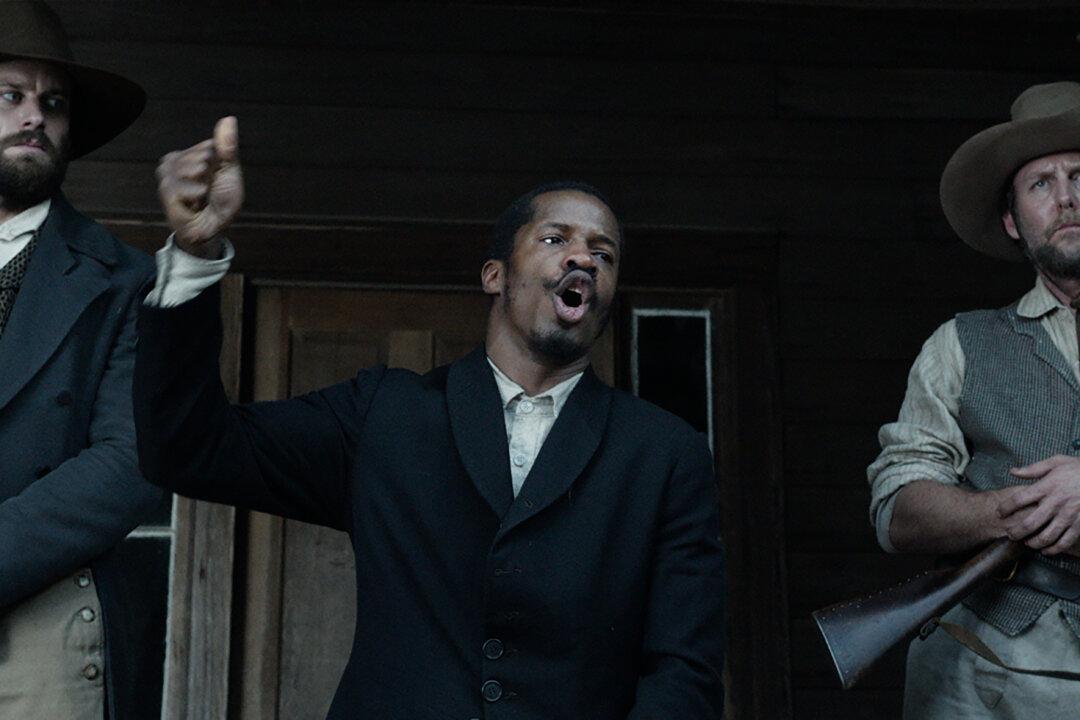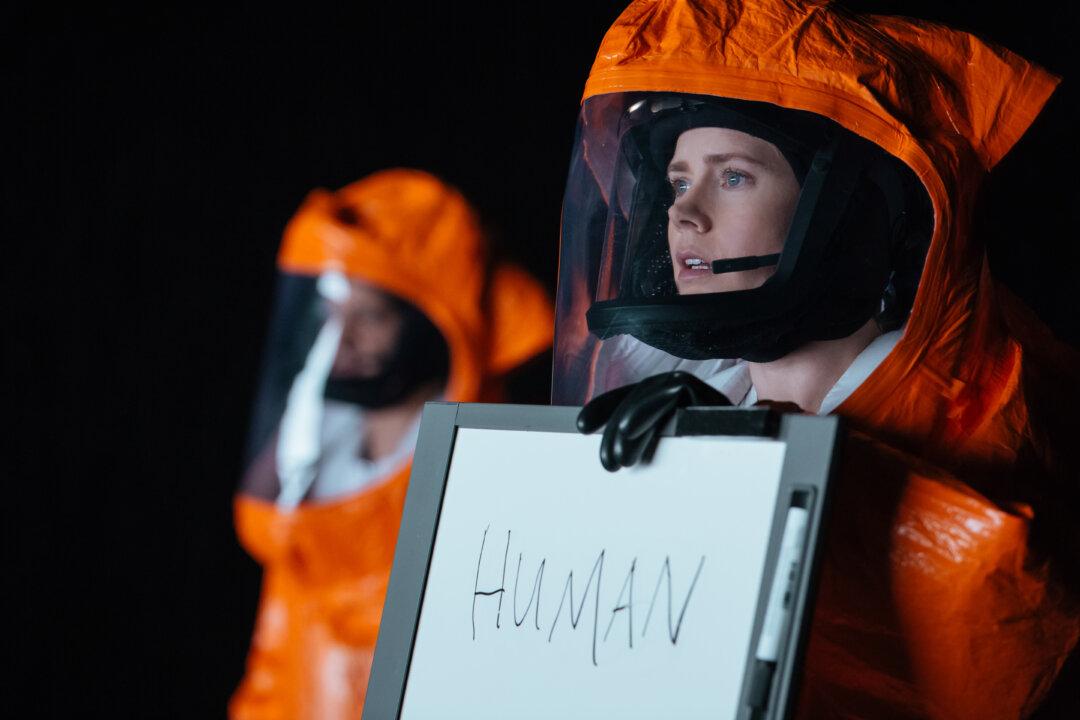Rabbit Hole isn’t going to pack out the multiplexes in the same way that Alice venturing down one would, and it isn’t an easy recommendation if you’re looking to be entertained. What it is is an intimately heartbreaking study of grief that reintroduces us to Nicole Kidman’s acting ability with a performance To Die For, as she hasn’t been this good since that dark delight.
Becca and Howie Corbett (Kidman and Aaron Eckhart) are a white picket fence family whose core is ripped from them by a personal tragedy. Becca deals with it by retreating into a mode of denial, hiding her emotions from Howie, who himself has taken the opposite approach by attending grief counselling and cherishing the memories of a lost one. And ostensibly that is the plot of Rabbit Hole, how these two people cope with the mourning process.
Minimalist in every aspect, this never betrays its stage origins, but whereas that can often lead to a sterile, un-ambitious movie translation – see 2008’s Doubt as evidence of that – here it only helps to maintain focus on the delicately drawn characters and their situation.
All of which is beautifully handled by director Mitchell. At times it walks a fine line between indulgent wallowing and patient character study during its very brief running time, but succeeds because nothing about it, in particular the emotions, ever feels forced.
Cleverly, the family tragedy is never in the foreground. This is a film about the aftermath, and we have to wait some time to establish exactly what the void in their lives is, and then even longer to find out how this happened. This tactic means that interest never wanes and the desire to fill in the plot holes is maintained thanks to some exceptional performances.
As a woman living a vacuous, regimented life, forced upon her by absence, Kidman is simply stunning. Equally so is the perennially underrated Eckhart (criminally ignored for all awards), perfectly complementing one another to depict a relationship that feels extremely real. Newcomer Miles Teller, is also worth mentioning; his park bench exchanges with Kidman are the powerful heart of the movie.
If it all sounds laden in doom and gloom, fear not, because thankfully the script is still peppered with some very funny moments, such as Eckhart getting high at a group therapy session, and some quality dialogue – “Somewhere out there I’m having a good time” – all of which help with the empathy required for a film of this nature.
Rabbit Hole oozes class and quality as an under-the-radar gem, which disappointingly won’t find an audience beyond those that can’t get a ticket for The King’s Speech.
[etRating value=“ 4”]
Becca and Howie Corbett (Kidman and Aaron Eckhart) are a white picket fence family whose core is ripped from them by a personal tragedy. Becca deals with it by retreating into a mode of denial, hiding her emotions from Howie, who himself has taken the opposite approach by attending grief counselling and cherishing the memories of a lost one. And ostensibly that is the plot of Rabbit Hole, how these two people cope with the mourning process.
Minimalist in every aspect, this never betrays its stage origins, but whereas that can often lead to a sterile, un-ambitious movie translation – see 2008’s Doubt as evidence of that – here it only helps to maintain focus on the delicately drawn characters and their situation.
All of which is beautifully handled by director Mitchell. At times it walks a fine line between indulgent wallowing and patient character study during its very brief running time, but succeeds because nothing about it, in particular the emotions, ever feels forced.
Cleverly, the family tragedy is never in the foreground. This is a film about the aftermath, and we have to wait some time to establish exactly what the void in their lives is, and then even longer to find out how this happened. This tactic means that interest never wanes and the desire to fill in the plot holes is maintained thanks to some exceptional performances.
As a woman living a vacuous, regimented life, forced upon her by absence, Kidman is simply stunning. Equally so is the perennially underrated Eckhart (criminally ignored for all awards), perfectly complementing one another to depict a relationship that feels extremely real. Newcomer Miles Teller, is also worth mentioning; his park bench exchanges with Kidman are the powerful heart of the movie.
If it all sounds laden in doom and gloom, fear not, because thankfully the script is still peppered with some very funny moments, such as Eckhart getting high at a group therapy session, and some quality dialogue – “Somewhere out there I’m having a good time” – all of which help with the empathy required for a film of this nature.
Rabbit Hole oozes class and quality as an under-the-radar gem, which disappointingly won’t find an audience beyond those that can’t get a ticket for The King’s Speech.
[etRating value=“ 4”]
